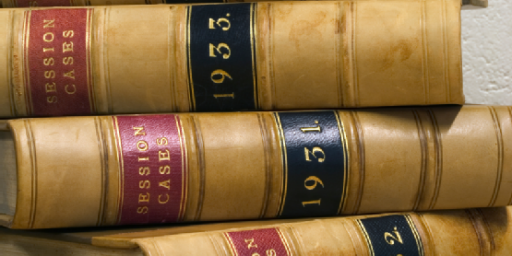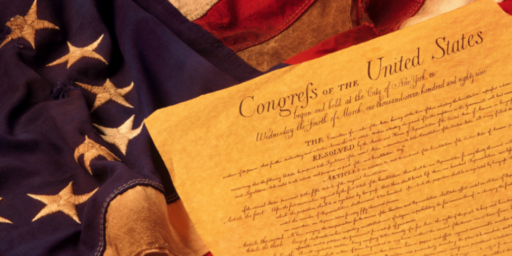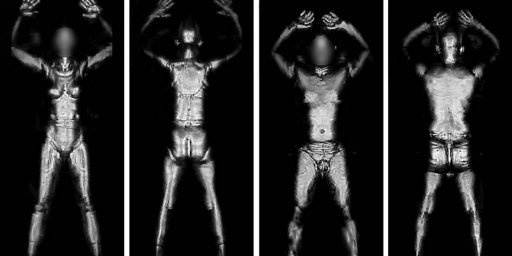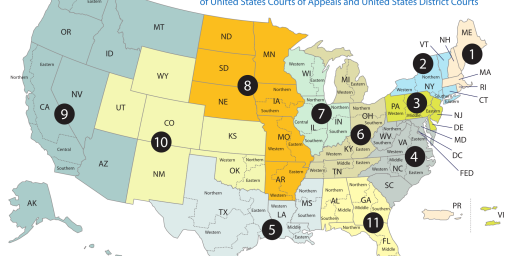Ninth Circuit OKs Laptop Searches at the Border
The Ninth Circuit has ruled that the Federal Government can search through the contents of laptops and other personal data devices, without cause, of people who are coming through the border.
Federal agents at the border do not need any reason to search through travelers’ laptops, cell phones or digital cameras for evidence of crimes, a federal appeals court ruled Monday, extending the government’s power to look through belongings like suitcases at the border to electronics.
[…]
The 9th U.S. Circuit Court of Appeals sided with the government, finding that the so-called border exception to the Fourth Amendment’s prohibition on unreasonable searches applied not just to suitcases and papers, but also to electronics.
You can read the full ruling of the Court here. I am not surprised by this result, as the courts have held over the past several decades that a border search is “automatically reasonable” by its nature. Indeed, the Fourth Circuit has already previously ruled that laptop searches of this nature are permissible.
Personally, I disagree with this doctrine, noting simply that the Fourth Amendment does not provide any exception for searches at the border, and given that the Founding Fathers were well aware of the concept of Customs Officers, they could have easily included such an exception had they felt it warranted.






What sort of rationale is required to make border searches exclusionary? Particularly of citizens.
Of course a government has the right as part of enforcing a border (if such a wild concept was actually done) to search persons coming in for contraband.
It’s not a search as it is a condition of entry.
The fact is a person seeking entry doesn’t have to consent. They can refuse and walk away. That of course means they walk back into the country where they were at. If a person seeks entry through a port of convienance, say at an airport and is thus already on American soil, they have thus given permission to search as having entered into the country.
As to the argument that the founders didn’t mention searches at the border, perhaps it’s because it seems so very obvious and is within the tradition of all countries to inspect those and their property as a condition of entry.
a camera or a laptop may contain a persons creative work .these are considered intellectual property and the search of and possible theft of could cost the owner a fortune . it has been shown time after time that not all federal agents are trustworthy. many are in fact low down thieving snakes in the grass. when the federal government can control thier own agents they should be allowed to surf other peoples laptops. not before